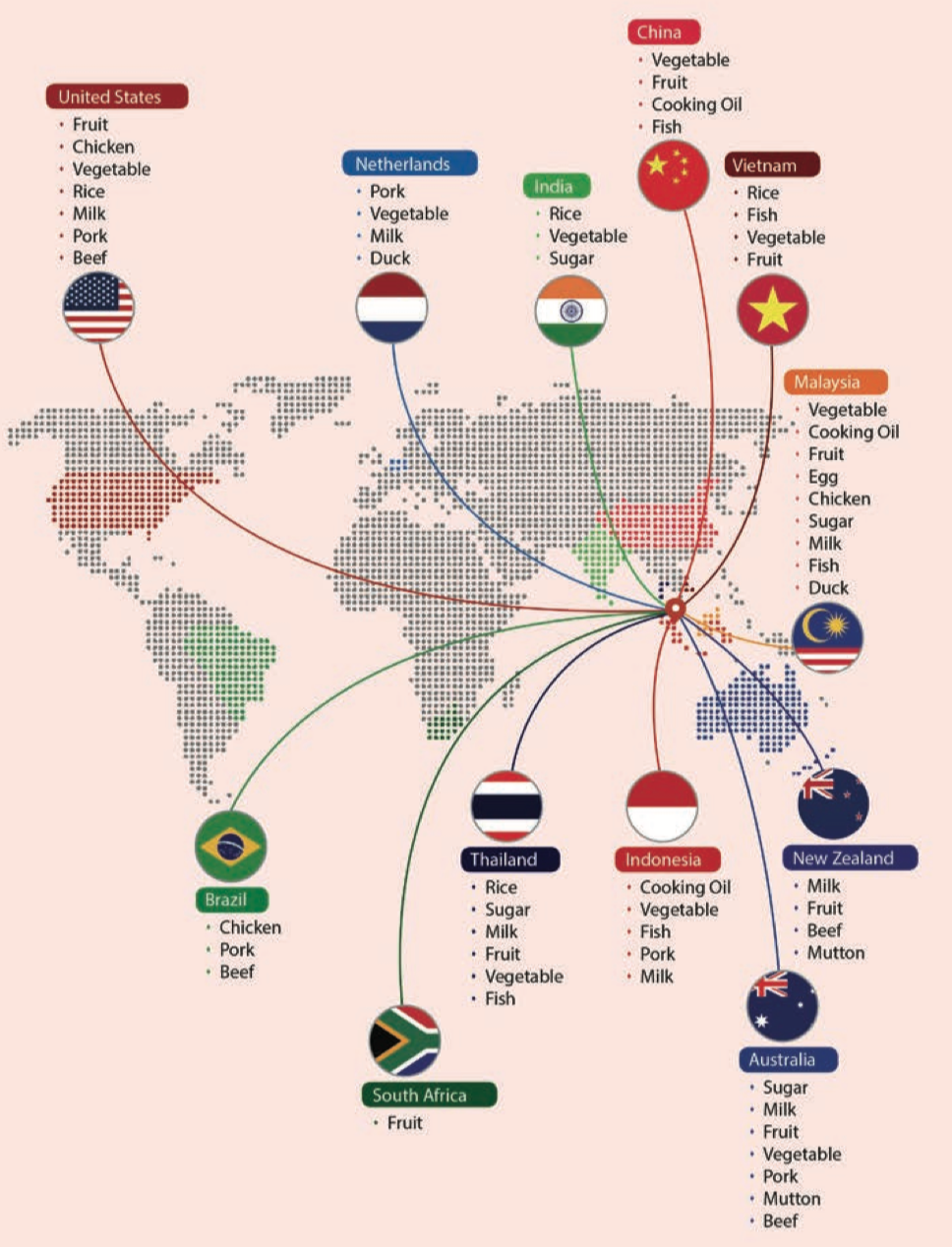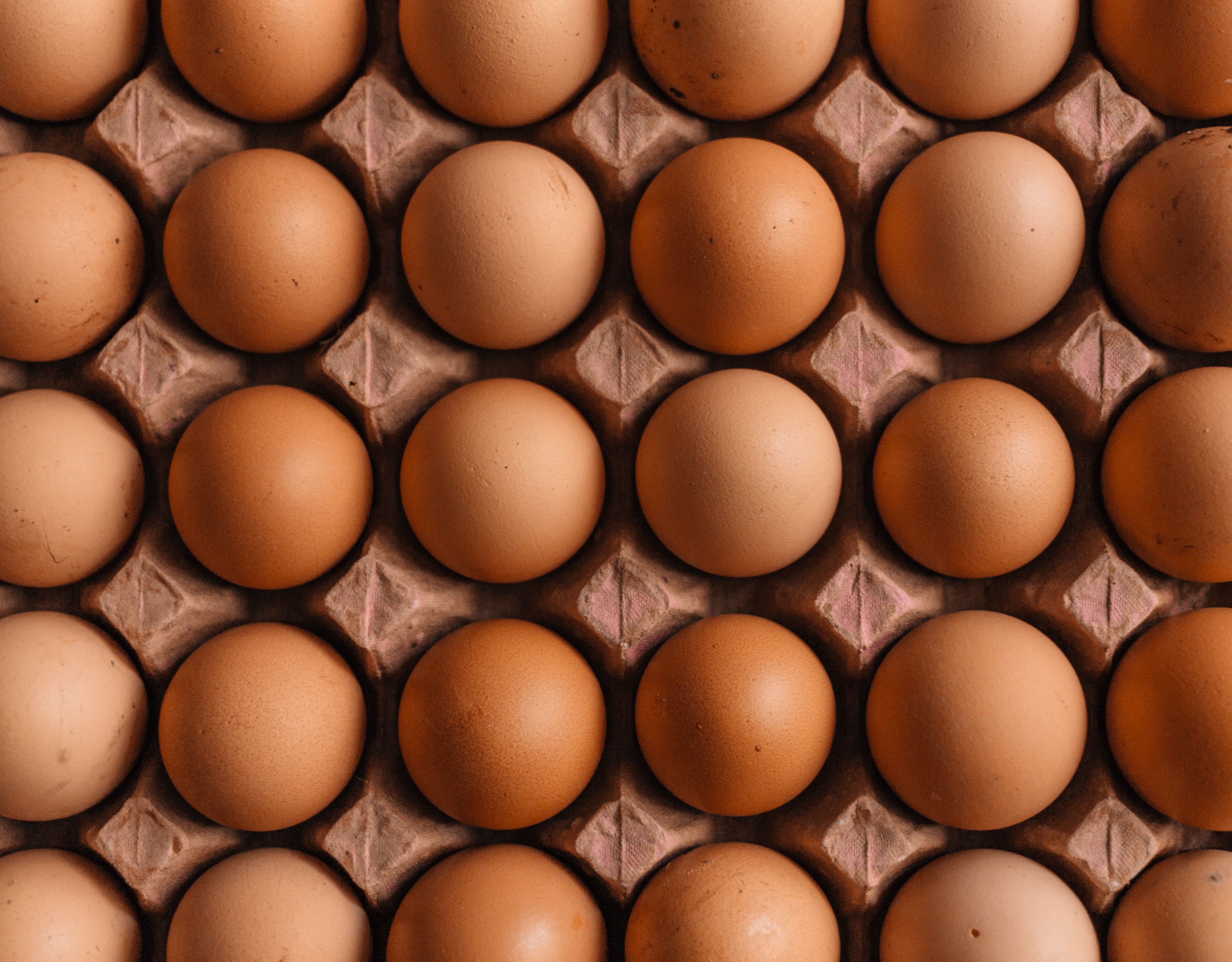Malaysia said it might be stopping its export of eggs to Singapore but the Agri-Food and Veterinary Authority (AVA) of Singapore says it has alternate sources of eggs if the need arises.
According to AVA, about 73 per cent of eggs in Singapore come from Malaysia. About 25 per cent is locally produced, while less than one per cent is imported from Thailand, Japan, Australia, and New Zealand.
Malaysian-egg ban in 2004
The last time Singapore imposed a ban on Malaysian eggs was in 2004.
Back then, an outbreak of avian flu was reported on poultry farm in Kelantan.
Singapore imposed a ban on all Malaysian poultry products, including eggs.
The Straits Times reported that eggs from Malaysia made up about two thirds of the eggs Singaporeans consumed in 2004.
The ban meant that Singapore encountered an egg shortage. Prices of eggs went up by three times, to 70 cents per egg.
NTUC managing egg prices
As a result of the shortage, NTUC Fairprice was the first to bring in eggs from Australia - 120,000 of them as a trial shipment.
Fairprice started out as a social enterprise with the mandate to keep essential food items affordable for Singaporeans.
To that end, Fairprice sourced for eggs from New Zealand and Australia during the 2004 Malaysian-eggs ban. It was also the chain which brought in the largest proportion of imported eggs at 22 per cent.
"When the import ban was lifted and supply returned to normal, prices of eggs were sticky and stayed high. Again, FairPrice came to the rescue. Among the large supermarket chains, FairPrice was the first to reduce the price of eggs from $2.10 to $1.50 for 10 eggs on 22 Oct, thereby helping to bring the price back to pre-ban level for the benefit of the mass consumers."
- Then-Deputy Secretary of NTUC, Lim Swee Say
Steps taken to prevent egg shortages again
The above is an example of attaining food from diverse sources. Take pork, for example.
Singapore imports pork from the United States, Netherlands, Brazil, Indonesia, and Australia.
Here's a nifty diagram showing the sources of Singapore's food imports:
 Credit: AVA, via Centre for Liveable Cities.
Credit: AVA, via Centre for Liveable Cities.
In the case of eggs, Singapore also learned lessons from the previous egg shortage.
In 2005, Singapore signed a bilateral agreement with Malaysia to establish Disease-Free Zones to facilitate the export of live chickens and ducks, poultry products, and eggs from Malaysia in the event of an outbreak.
These Disease-Free Zones are located in five Malaysian states - Johor, Malacca, Negeri Sembilan, Selangor and Perak.
While avian flu is endemic to this region, cases have not been reported in these zones, as well as Singapore.
While there was another avian flu outbreak in Kelantan in 2017, Singapore was still able to bring in Malaysian eggs and poultry from the Disease-Free Zones. This helped to prevent any disruptions to egg imports like in 2004.
Singapore also started to import eggs from Thailand in 2017 after AVA conducted documentary evaluation and site inspections on two farms in Thailand, which diversified Singapore's egg sources.
Lastly, AVA also increased the financial amount for the Agricultural Productivity Fund to encourage the use of technology that help local farmers "expand production capability, boost yield and raise productivity".
Top photo via Erol Ahmed
Content that keeps Mothership.sg going
??
We all love WhatsApp chain messages - and there's more to come because our grandmas are getting techier and techier.
??
"I gave time as a Christmas present", said almost no one ever. But maybe we should start doing that more.
????
Help a Karang Guni man clear his stock of retro items by visiting his online store.
?️???
Eat, pray, love, and more with this new app.
? ?
Kids teach us the darndest things - which actually make sense.
If you like what you read, follow us on Facebook, Instagram, Twitter and Telegram to get the latest updates.
